Category: Basic Science
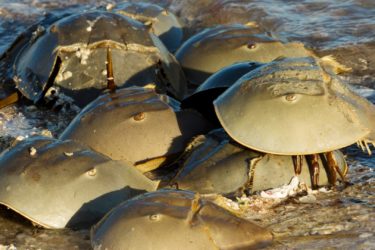
Don’t use a COVID-19 vaccine, cry the antivaxxers, because of the horseshoe crab!
Antivaxxers are now urging vegans not to use a COVID-19 vaccine because blood from horseshoe crabs will be used in its manufacture. At its heart, this is no different than their weaponization of beliefs against other vaccine ingredients, except that it does use a germ of a good point that we should be looking for other ways to ensure that vaccines have...
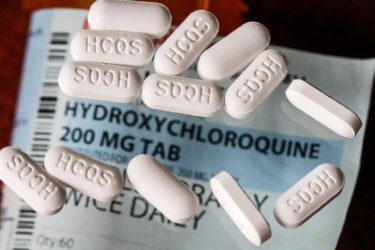
Hydroxychloroquine to treat COVID-19: Evidence can’t seem to kill it
Despite the accumulating negative evidence showing that hydroxychloroquine doesn't work against COVID-19, activists continue to promote it as a way out of the pandemic. This week, the AAPS and a Yale epidemiologist joined the fray with embarrassingly bad arguments.
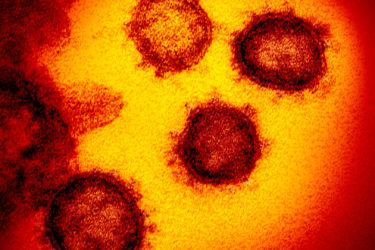
COVID-19 “super-spreaders” and “super-spreading events”: The controversy
Evidence is emerging suggesting that COVID-19 does not spread equally. A minority of infected individuals seem to spread the virus easily to many people, while most infected individuals spread it to few others or no one at all, likely through a combination of circumstance, environment, and possibly biology. Why is this, and what does it mean for coronavirus containment strategies?
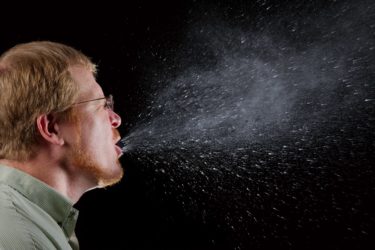
Is COVID-19 transmitted by airborne aerosols?
A recurring debate about COVID-19 bubbled up late last week, when a group of scientists announced an as-yet unpublished open letter to the World Health Organization arguing that COVID-19 transmission is airborne and urging it to change its recommendations. What is this debate about, and, if coronavirus is airborne, should we be more scared?
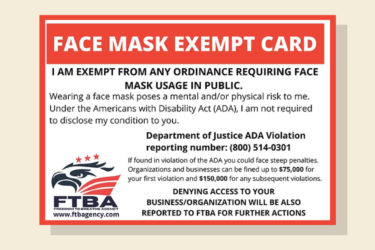
Misinformation and disinformation about facemasks and COVID-19
As evidence accumulates that facemasks work to decrease the risk of spreading COVID-19, new myths have arisen claiming that, not only do facemasks not work, but that they are actively harmful. These myths have no basis in physiology or chemistry, but that hasn't stopped anti-mask activists from using them to claim protection under the Americans With Disabilities Act.

Genetics and evolution in cancer
Several new studies were published earlier this month describing the sequencing of over 2,600 cancer genomes. What the results show include what sorts of mutations drive cancer development and how evolution makes cancers so difficult to treat.
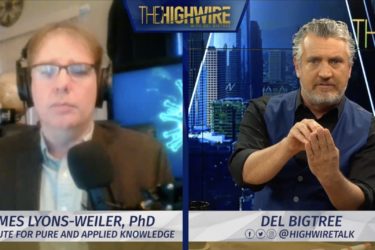
No, James Lyons-Weiler did not “break the coronavirus code”
Last week, a new conspiracy theory about the coronavirus outbreak by James Lyons-Weiler went viral (if you'll excuse the term) after antivax conspiracy theorist Del Bigtree interviewed him. Lyons-Weiler strongly implies that the strain of coronavirus behind the outbreak (2019-nCoV) has a SARS-like sequence that came from a laboratory working on a SARS vaccine. Fortunately, Dr. Gorski has the mad molecular biology...

Ellura: A Supplement Backed By Evidence
Ellura is a dietary supplement marketed to treat recurrent urinary tract infections. There is promising evidence and a credible mechanism of action, and using it instead of antibiotic prophylaxis could reduce antibiotic resistance.
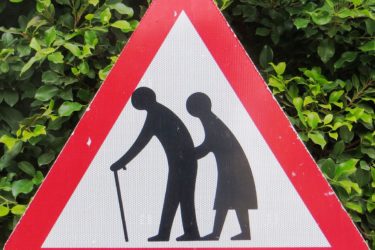
Aging: Is It a Preventable Disease?
David Sinclair says aging is a disease that can be prevented and treated, and there is no reason life must end. The evidence he presents from scientific studies is intriguing, but far from definitive.
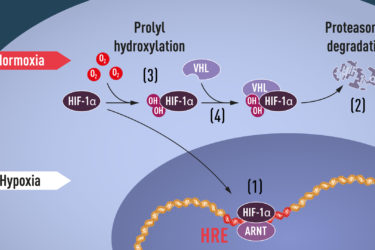
Nobel Prize in Physiology or Medicine 2019
Nobel Prize in Physiology or Medicine 2019 given to researchers who discovered the mechanisms of oxygen sensing in cells.

